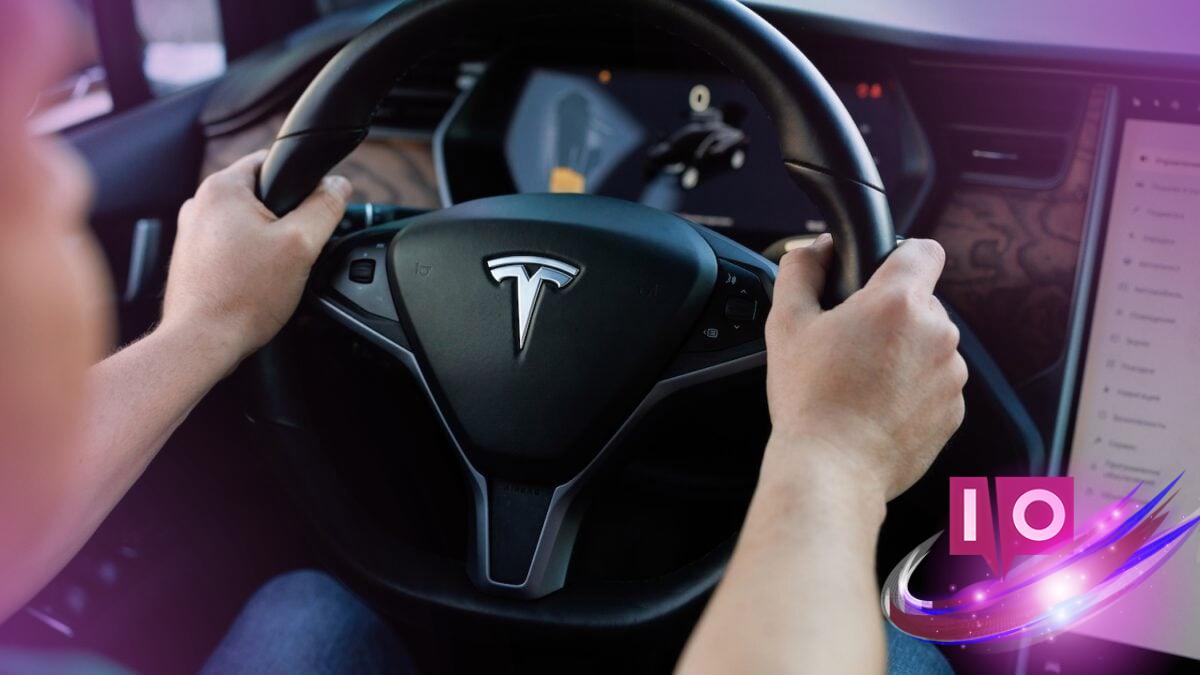Elon Musk’s mom, Maye Musk, recently declared her pride in her son’s car company, Tesla, which sparked quite the conversation online. But while it’s perfectly reasonable for a mother to celebrate her child’s achievements, the context of this praise casts a different light on the story.
This viral moment was set off by an incident involving a military prop plane that had a close call with a Tesla vehicle. Matthew Topchian, a motorist present during the incident, managed to avert disaster with quick thinking and human reflexes.
On October 25, 2025, this military aircraft made a shaky emergency landing, ultimately crashing on a back road outside Oklahoma City. Thankfully, both individuals on board emerged unscathed. However, the plane struck two utility poles, igniting a small fire and nearly colliding with a Tesla vehicle passing by at that moment.
In light of this incident, many Tesla enthusiasts, including Maye Musk, lauded the company’s assisted driving technology for its role in preventing what could have been a catastrophic accident. However, Topchian later clarified that he was indeed driving manually at the time and expressed confidence that if he were relying on the car’s self-driving feature, the outcome may not have been so fortunate.
Topchian’s account would only gain traction as it was shared widely on platforms like TikTok and X. The original post from David Bellow claimed: “WOW! Tesla full self-driving dodges a freaking plane falling out of the sky!” While this statement went viral, it did not align with the truth as noted by Topchian’s direct response to queries about the vehicle’s mode during the event.
On TikTok, Topchian reiterated, “I was driving manually. The FSD is really good, but it would have absolutely wrecked that plane.” His clarification is critical, yet misinterpretations persist, with Bellow planning to stick to his narrative despite community corrections.
Concerns surrounding electric vehicle safety and automated driving systems make this situation particularly relevant. Many viewers misrepresented the facts, suggesting the Tesla’s assisted driving capabilities were the hero of the day. Tweets praising Tesla’s self-driving system cited an unprecedented level of safety that many didn’t anticipate for another decade.
As the debate continues, it’s crucial to separate the facts from sensationalism. Mistaken impressions can lead to dangerous assumptions about the reliability of autonomous technology.
What happened during the plane incident and why is it so significant? This event highlights the unpredictable nature of our environments and how human skills still play a vital role in our safety. Even with advancements in technology, it’s essential to retain oversight and caution while on the road.
Is Tesla’s self-driving mode truly safe? While Tesla’s assisted driving mode has shown promise, it is not infallible. As demonstrated in this case, human input can often make the crucial difference in emergency scenarios.
Has there been a change in opinions about self-driving cars since the incident? Yes, public opinion can shift drastically based on both near-miss events and actual accidents, encouraging conversations about regulation and safety standards in autonomous driving.
How can we ensure safer roads with advancing technology? Continuous education about the limitations and capabilities of autonomous vehicles, coupled with stringent safety standards, can help foster a more secure driving environment.
As we reflect on this incident, remember that while technology is improving, the truly invaluable element remains our instinct and decision-making. Stay informed and safe as you navigate through the evolving landscape of driving technologies. Explore more insights and updates on related topics at Moyens I/O.
